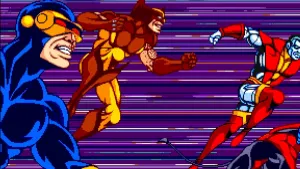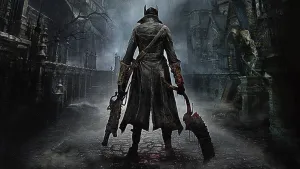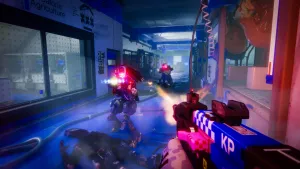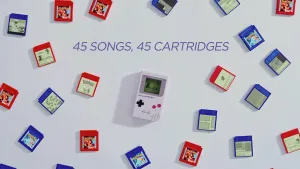Ubisoft DRM Locks Paying Customers Out Of Game
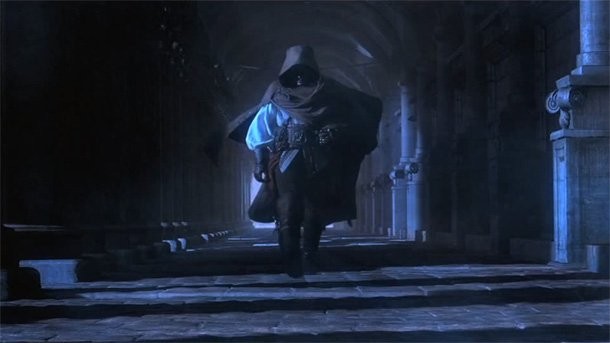
The ridiculous DRM solution for Assassin's Creed 2 and Silent Hunter 5 on PC prevented gamers with legit copies of the games from playing this weekend, according to reports from the company's own forums. A representative from the publisher confirmed these reports, saying, "Due to exceptional demand, we are currently experiencing difficulties with the Online Service Platform...We are currently working to resolve this issue and apologize for any inconvenience."
The controversial anti-piracy software requires players to have a constant, uninterrupted connection to Ubi servers in order to play their games. Ubi is blaming an unspecified "attack" on its servers for the problems experienced by gamers over the weekend.
Who could have possibly seen this coming? The good news is that it's not destroying optical drives like previous DRM software used by the company. Then again, being locked out of your own legitimately purchased games through no fault of your own is total garbage.
Hilariously, the (unsubstantiated, to be fair) word on the 'Net is that pirated versions of the games are running without problems, and pirates were happily gaming away while paying customers banged their heads against the wall of Ubi tech support. Meanwhile, the whole stupid situation is getting Ubisoft bad press and ill will all over the Web.
Don't confuse my amusement at Ubi's self-inflicted predicament with any kind of glorification of piracy or cracking groups. Stealing software just makes companies less willing to make games, and we all lose when that happens. We wouldn't even be having this conversation if PC game piracy wasn't rampant enough to goad publishers into trying insane schemes like this.
Sadly, the lesson that major publishers are likely to learn from this is that developing for PC is more trouble than it's worth. I hope I'm proven wrong, though.
[via Edge]



